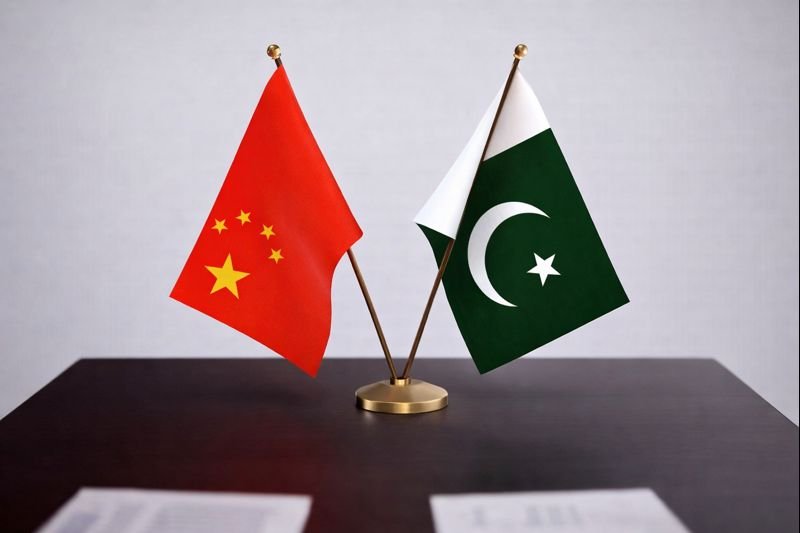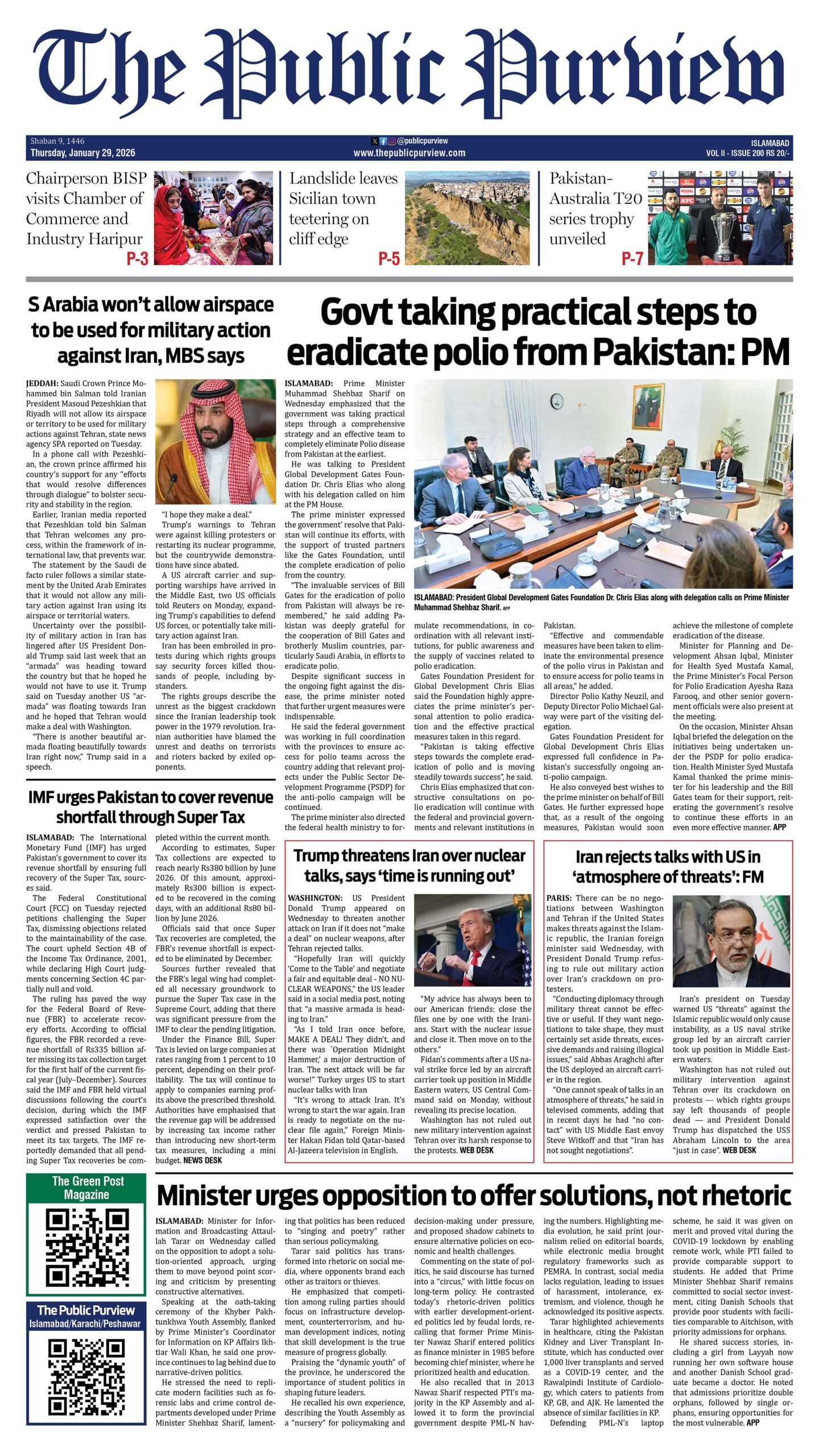Staff Reporter
Starlink Internet Services in Pakistan has yet to commence the satellite-based internet services in Pakistan from Low Earth Orbit (LEO). But before it starts, there are challenges and concerns of the experts and public are emerging in the country.
Starlink entry is contingent upon resolving regulatory, security, and political concerns. The high cost of the service also poses a barrier to widespread adoption among the general public and business community. In Pakistan, one of the key factors is its cost for users, initial as well as monthly which is comparatively higher than traditional fixed line and wireless networks.
Residential plans are estimated at PKR 35,000/month with a one-time setup fee of PKR 110,000, while business plans can reach PKR 95,000/month with a setup fee of PKR 220,000. In contrast, local ISPs offer fiber-optic plans ranging from PKR 2,500 to PKR 12,000/month, making Starlink unaffordable for many people because of the low economy of the country the accessibility for households is not feasible.
In March 2025, Starlink was granted a temporary NOC to operate in Pakistan. However, this is not a full license, and the company must still meet all regulatory requirements.
Moreover, security clearance is still pending. Starlink has not received the necessary security clearance from Pakistan’s Ministry of Interior, a prerequisite for obtaining an operating license from the Pakistan Telecommunication Authority (PTA).
The National Space Policy was approved in December 2023, followed by the Pakistan Space Activity Rules (PSARB) in February 2024. Starlink is required to comply with these new regulations, which has contributed to delays.
Mr. Hannan Gillani an IT expert observed that Starlink operates independently of local ISPs and national internet gateways, users may be able to access objectionable content banned by the PTA (e.g. politically sensitive websites), said Mr Hannan an IT expert.
It could bypass state filters, firewalls, and monitoring systems and these challenges could provoke a legal, and political, backlash and a problem for state authority over internet governance. Therefore, the PTA should develop a mechanism before issuing the final license to Starlink in Pakistan, he added.
Talking about the payment method he said, if subscription fees are paid in USD via international payment methods (like credit cards), it will increase dollar outflows from Pakistan’s already fragile foreign reserves. Unless Starlink agrees to local billing in PKR through SBP-regulated channels, the economic burden could grow with more subscribers.
An official of the Pakistan Telecommunication Authority (PTA) while commenting on Starlink’s entry in Pakistan said that Starlink’s entry into Pakistan could significantly boost connectivity, particularly in under-served and remote regions.
“While technology shows great promise, the Pakistan Telecommunication Authority is carefully reviewing all regulatory, technical, and security aspects before granting full operational approval. Affordability remains a valid concern for users, and we are committed to ensuring that any such service introduced in Pakistan aligns with our national ICT goals and remains accessible to the public. The licensing process is progressing steadily, and we are in continuous engagement with Starlink to facilitate a structured and secure rollout,” the official said.
Another IT expert said while Starlink offers a potentially transformative solution for internet connectivity, particularly in remote areas, it’s important to recognize that integrating such a system into Pakistan’s digital ecosystem is not straightforward.
“Unlike traditional internet service providers, Starlink operates through a satellite-based infrastructure that is largely outside the jurisdiction of national regulators. This poses significant challenges in terms of oversight, data localization, and security compliance. If not carefully managed, it could lead to a scenario where Pakistani authorities have limited visibility or control over the data being transmitted,” he said adding, “issues like lawful interception, content regulation, and spectrum management need to be thoroughly addressed before we can consider full-scale deployment. The technology is promising, but the geopolitical and regulatory implications cannot be overlooked.”
There is another issue that needs to be sorted out because of dependence on foreign-controlled infrastructure, Pakistan could become dependent on foreign infrastructure for internet access in key sectors (education, logistics). Moreover, in the event of diplomatic conflict or war, such as with India, service disruption or access restrictions could be imposed unilaterally.
For Starlink to operate in Pakistan, it must comply with national regulations, including data governance and cybersecurity protocols. The Pakistani government will need to assess whether Starlink’s data transmission methods align with its national security policies. If Pakistan allows Starlink’s entry, it must establish clear legal guidelines to ensure data protection, cybersecurity, and compliance with local regulations. Otherwise, the presence of a foreign-operated satellite network could lead to regulatory loopholes. Secondly, internet services are stopped in some areas of the country by the authorities because of security concerns. Allowing Starlink to operate in Pakistan could be problematic, therefore, such issues must be resolved before issuing NoC to the satellite internet service operator in Pakistan, said ……
It can be concluded that the introduction of Starlink could disrupt the local ISP market, potentially leading to increased competition and pressure on existing providers to improve service quality and reduce prices.






 Today's E-Paper
Today's E-Paper